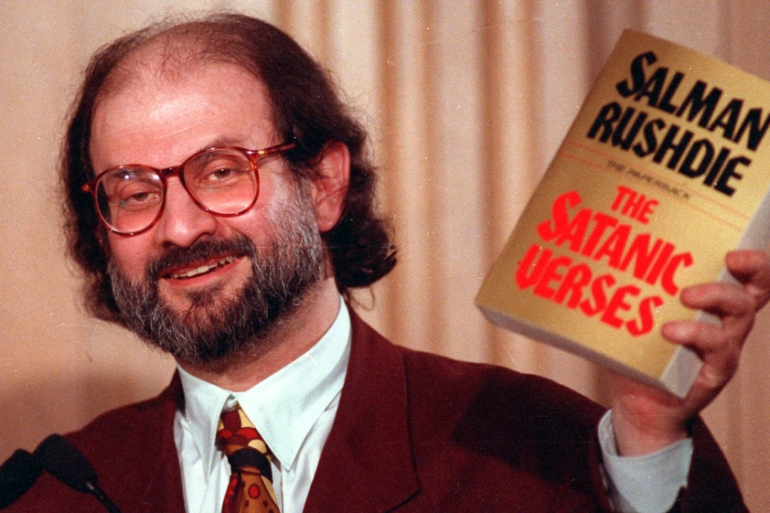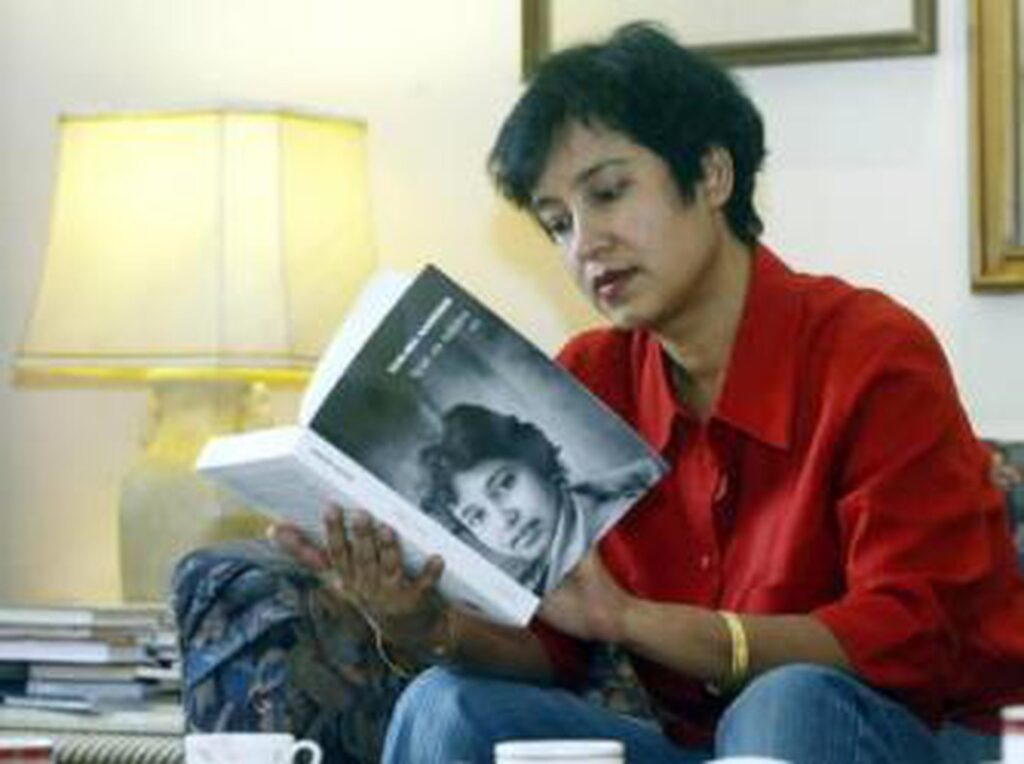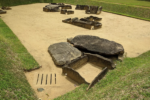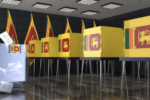Blasphemy; trial or travesty?
Barbaric Killing beyond wildest imagination
Last week, Sri Lankans were woken up to a gruesome news from a close ally Pakistan that indeed shocked the nation. Priyantha Kumara Diyawadana, Sri Lankan expatriate worker in Sialkot, Pakistan was mobbed by a gang of about 150 men and beaten to death on the street before being burnt alive. Strangely, Priyantha had worked in Pakistan for 9 years, enough to grasp the danger of committing blasphemy. The bone of contention was that he was said to have torn down a religious poster to the resentment of Muslim extremists. However, many different versions of stories that led to this inhuman killing are still going viral in social media. Priyantha, General Manager of the same factory for 9 years had reportedly done a great service to uplift the standard of the factory. He was a tough master and for that very reason, he was disliked by workers and unpopular. Destroying a religious poster in Urdu language which he couldn’t read or write, would have instigated his sordid fate in an alien country. Blasphemy is a serious matter in a Muslim country like Pakistan. Barely a year back, there was this story about a young Muslim boy in Pakistan who was ordered to be executed for farting in a mosque notwithstanding the fact whether it was intentional or accidental. Pakistanis considered it as blasphemy. On the other hand, Pakistan is a country of Muslim extremist elements. It could have been a revenge killing under the guise of blasphemy. Nobody knows the real facts in the underlying. Priyantha should have been more careful in handling affairs in a hostile society. It is a known fact that law enforcing authorities of Muslim countries are somewhat lenient on offences committed in the name of blasphemy.

What is Blasphemy?
According to the Oxford Dictionary, the definition of the word ‘Blasphemy’ is described as ‘behavior or language that is offensive or shows a lack of respect for God or religion’. In Sri Lanka, people do not react to blasphemy in such magnitude. It may be due to the reason that it is none other than Buddhist monks who commit blasphemy for Buddhism in Sri Lanka nowadays. Only cases of blasphemy in Sri Lanka in modern times can be traced back to 2014 where a British national mental health nurse Naomi Coleman was detained for 4 days in Sri Lanka for sporting a tattoo of Lord Buddha on her forearm. In fact, Sri Lanka doesn’t have laws to deal with blasphemy. It was not known whether she had the so-called tattoo out of genuine reverence to the Lord Buddha or just as a fashion art. She successfully challenged the government authorities and won compensation to the tune of 4000 British Pounds. Sri Lanka had to pay dearly for its folly without being able to define what blasphemy was, in their own courts. Some years ago, the writer witnessed an incident at Gal Viharaya, Polonnaruwa where a foreign lady attempted to take a photograph sitting on the lap of one of Buddha’s statues. Despite hundreds of devotees being present, only one old and frail disciple opened his mouth to prevent it, picking up words from the little English he knew. Others were utterly ignorant. It was a time that there was no protective fence to house the statues. It was a clear case of blasphemy but the question is whether the foreigners are being educated on this matter. In Thailand, some hoardings are erected to educate the foreigners of respecting Buddhism or at least to prevent them from disrespecting Buddhism. Similarly, if you happen to take any religious object to Maldives, it will end up in a bin at the airport itself. Muslims don’t approve of image veneration. That is their law. In Maldivian tiny museum, there are a number of Bodhisattva images but no description was given to identify what they really were. It is worthy of note that Maldives was a Buddhist country during ancient times.
So serious about blasphemy
Muslims are very serious about blasphemy and do not condone it at all. The religion of Islam is their way of life. Having written ‘Satanic Verses’ which undermines the religion of Islam, Salman Rushdie still lives in fear, absconding Muslim countries as he was served ‘Fatwa’ (death sentence) by many Muslim countries. By doing so, he could be killed in any Muslim country for publishing his disparaging book. Ironically, his killing will not entail any court hearing. It is the same case as Taslima Nasrin, Bangladeshi writer who lives in exile in Sweden. She was also served ‘Fatwa’ for publishing her controversial book ‘Lajja’. This 1993 book was critical of Islam fundamentalism which irritated the Muslims all over the world. So, she will never be able to return to the country of her birth, Bangladesh for being a Muslim country of its own. According to the US Commission on International Religious Freedom (USCIRF), there are 71 countries in the world which enacted blasphemy laws, ranging from Canada to Pakistan. Most of the blasphemy cases are reported from Indonesia, Egypt, Saudi Arabia, Iran, Pakistan and the Russian Federation. Majority of such cases are the blasphemy against Islam religion by Muslims. USCIRF reports that ‘Blasphemy laws are a global concern, present in all of the world’s regions. These laws, which penalize expression or acts deemed blasphemous, defamatory of religions, or contemptuous of religion or religious symbols, figures, or feelings, have punishments ranging from fines to imprisonment and death. They also embolden vigilante groups who mete out their own extrajudicial “justice,” including killings, often with state impunity’. In short, some civilized countries see it as an impediment to human evolution and freedom of speech. How much ever the pressure is mounted, the Muslim countries are not likely to give up on blasphemy laws. It is also a part and parcel of their religion. In this sense, it is important to educate Sri Lankans especially who proceed to Muslim Countries for employment, of the laws of blasphemy so that they will not fall victim to this blasphemy trap. Priyantha’s incident is of course an eye opener for Sri Lankans to act fast on this matter. With Priyantha’s death, his family received US$ 100,000/- from the Government of Pakistan, continuous salary benefits to his family and the Sri Lankan Government donated Rs 2,500,000/- as compensation but nobody could give life back to his dead body. It is a permanent loss for his grieving wife and children since his memory will fade away in the minds of the general public with time.









